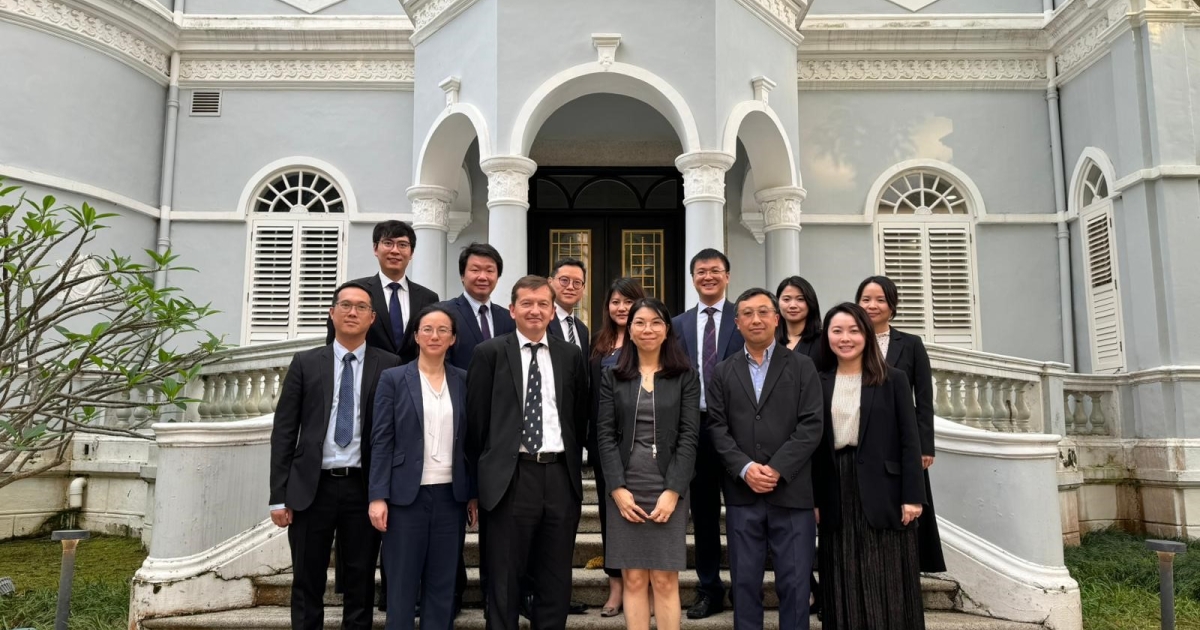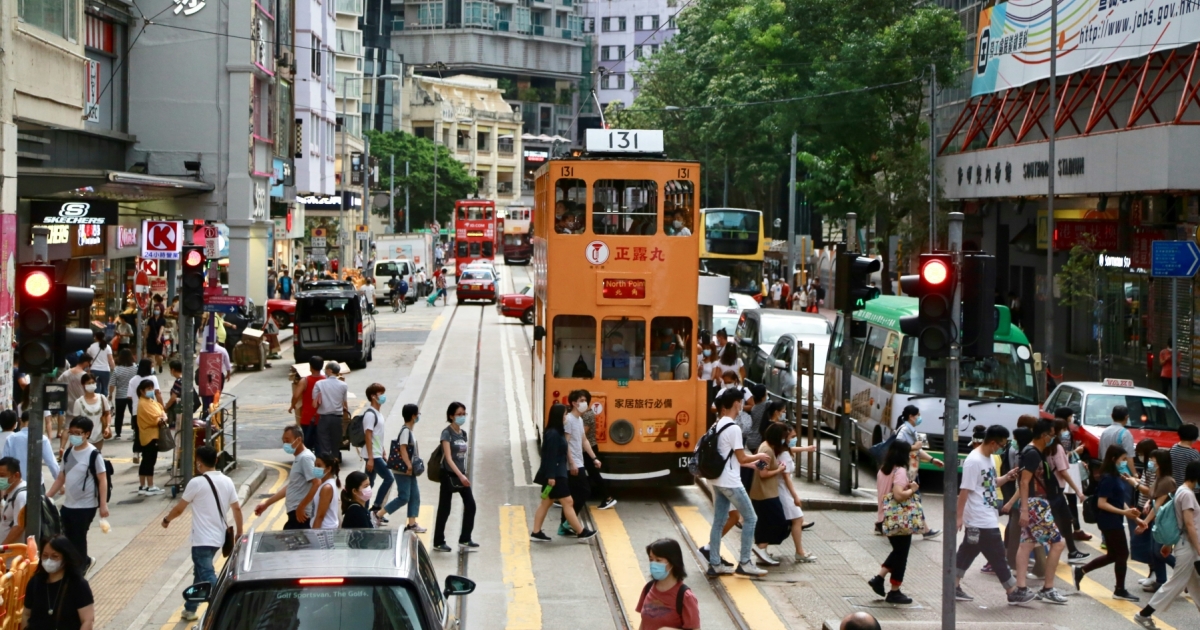TOKYO — Japanese airlines, leisure businesses and retailers are facing a grim Golden Week again this year after the government reimposed a state of emergency in several prefectures due to a rapid spread of coronavirus.
Airlines said flight bookings for the week through May 5 had improved from the same period last year when COVID-19 first struck, but were still down substantially from 2019.
ANA Holdings, parent of All Nippon Airways, said domestic flight bookings as of April 23 had risen 4.4 times to 444,493 from a year ago. But that figure is still 58.8% lower than in 2019. Bookings for international flights rose 6.6% to 8,634 from a year earlier, but are still down 95.8% from 2019.
Its rival Japan Airlines also said domestic flight bookings increased, by 3.5 times, to 326,873 from last year, while reservations for international travel jumped 6.5 times to 11,986. But reservations were nowhere close to 2019 levels.
ANA said in a statement that it had been “strongly affected by resurging infection of the new coronavirus and the government’s preventive measures.”
Prime Minister Yoshihide Suga declared on Friday a new state of emergency in Tokyo, Osaka, Kyoto and Hyogo. Restaurants, bars and businesses have been asked to stop serving alcohol until May 11. Eateries that do not serve alcohol have been asked to close by 8 p.m. The government is also asking people to refrain from traveling during the period.
Train operators have also been hit by the new COVID restrictions. Although the total number of reserved seats on Japan’s Shinkansen trains including conventional lines increased by 2.4 times to 710,000 over the period between April 28 and May 5 from the previous year, that figure still marks an 81% fall from 2019, the six Japan Railway group companies said this month.
This represents the second-worst figure since records began in 1995. The rail operators also cut the number of seats available for reservation by 3% from 2020.
Apart from restrictions on restaurants and nightlife, Suga also called on department stores and theme parks — facilities where large crowds can gather — to close.
“It is necessary to curb spread of the virus by concentrating effective countermeasures over a short period of time,” he said.
Isetan Mitsukoshi Holdings will shut most levels of its four department stores in central Tokyo but leave groceries and cosmetics open. J. Front Retailing is doing the same for nine of its department stores including the Daimaru Shinsaibashi branch in Osaka.
Golden Week is typically one of the busiest seasons for theme park operators, but this year, Sanrio Entertainment will close its Sanrio Puroland in Tokyo from April 25 to May 11.
Oriental Land, however, will keep its Tokyo Disney Resort open, but stop alcohol sales from April 28 to May 11. From April 20 to May 11, Tokyo Disneyland and Tokyo Disney Sea will close at 8 p.m. and the number of guests at each park will be reduced to under 5,000.
Toho Cinemas will close its 21 theaters in Tokyo, Osaka, Kyoto and Hyogo prefectures during the state of emergency.





